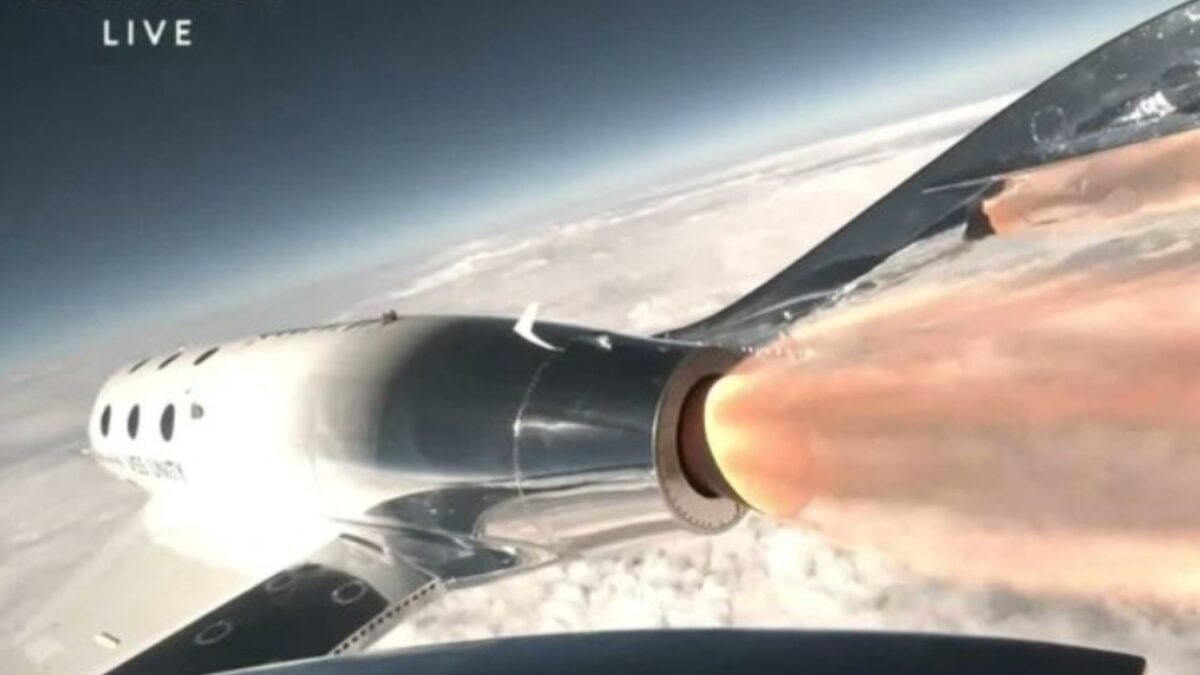A Spaceplane for Tourists: The Promise of Viewing Earth as Never Before

The birth of a new space model
After the end of VSS Unity’s flights in 2024, Virgin Galactic invested everything in the development of the Delta. The Delta will be capable of carrying out up to eight monthly missions, multiplying Unity’s capacity by twelve and bringing the concept of space tourism from an exceptional event to a recurring service. The first test flight, scheduled for the northern summer of 2026, will focus on scientific research. Shortly after, in the fall, the doors will open to the public with civilian astronauts.
Cutting-edge technology and safety
The Delta incorporates an improved “feathering” system, a safety feature that has been redesigned to enhance safety during one of the most delicate phases of the journey. Wing and fuselage assembly is progressing at the Arizona facilities, and Virgin Galactic plans to expand operations to a second spaceport in Italy, strengthening its international network. Additionally, the company is collaborating with the Lawrence Livermore National Laboratory to explore additional uses, such as high-altitude launches.
Passenger experience
Each mission will last approximately 90 minutes, with six passengers and two pilots on board. The journey includes:
– Assisted takeoff by the VMS Eve mothership.
– Separation at 15,000 meters altitude and ignition of the rocket engine.
– Ascent above 90 km to experience microgravity.
– Observation of the Earth’s curvature through 17 panoramic windows.
– Planned return to the same runway.
Before the flight, participants will undergo a preparation program with weightlessness simulations, training, and meetings with pilots. Each passenger will receive a custom-made spacesuit designed to provide safety and style.
Cost and market of space tourism
Although the price has not been confirmed yet, it is estimated to exceed $600,000 per seat. Nevertheless, more than 700 people have already reserved their spot, indicating the growing interest in this luxury experience. Virgin Galactic sets itself apart from competitors like Blue Origin or SpaceX by offering an intermediate niche: not promising lunar or Martian colonies, but exclusive, recurring, and high-quality experiences. As in its early days, the company expects costs to decrease over time and the market to expand.
Beyond tourism: cultural and scientific impact
The Delta not only redefines the idea of “astronaut,” bringing it closer to tourists, artists, and entrepreneurs, but it will also serve as a scientific platform. Experiments in microgravity and astronomical observations could be part of its early missions.
If Virgin Galactic manages to establish weekly flights, the cultural impact will be profound: the experience of seeing Earth from space will no longer be a privilege of a few chosen ones and will become an experience within reach of those who dare —and can afford— to invest in a unique adventure.
Source:




